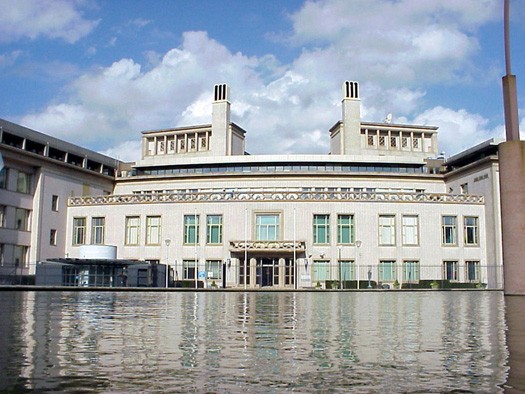In May 1993, in response to reports of mass atrocities committed in Bosnia and Herzegovina, the United Nations Security Council created the International Criminal Tribunal for the Former Yugoslavia (ICTY), the first international war crimes court since Nuremberg and Tokyo Tribunals.
The founders of the ICTY gave it a powerful mandate to bring to justice those most responsible for war crimes and crimes against humanity on the territory of the former Yugoslavia, but also to “contribute to the restoration and maintenance of peace” in the region.
Today, some 20 years and 161 indictments later, the ICTY is about to close. Its courtrooms have seen the trials of heads of state, powerful government ministers, commanders of national armies and police forces, and notorious perpetrators of serious crimes. Its archives have amassed millions of pages of documents and testimonies about the most brutal conflict on European soil since World War II.
President of the ICTY Judge Theodor Meron recently commented that “the remarkable achievements of the Tribunal have contributed to bringing peace and reconciliation to the countries of the former Yugoslavia, forging a new international culture of accountability.”
But, is this really so? Have the ICTY’s trials indeed brought peace and reconciliation to the countries of the former Yugoslavia? Is this in fact a task befitting a court?
To explore these questions, the Italy-based research center Osservatorio Balcani e Caucaso (OBC), has organized an online debate.
The debate, featuring ICTJ’s Refik Hodzic and Dr. Janine Clark of the University of Sheffield, will present arguments for and against the notion that ICTY has contributed to reconciliation and provide space for outside audiences to participate.
Hodzic argues that, despite the absence of anything resembling a process of reconciliation in the Balkans, “the work of the ICTY is monumentally important for its contribution in establishing the responsibility for and illuminating the circumstances of some of the most serious crimes committed in the former Yugoslavia. If we are one day ready to embark on the road of genuine reconciliation based on truth and accountability, the ICTY’s work will be our starting point.”
In her position paper, Dr. Clark takes the opposition, explaining why she believes the ICTY has not contributed to reconciliation in the former Yugoslavia: “The ICTY has not invested enough time and energy in explaining its work to local communities, and this has nourished claims that it is an unjust, biased and political court. A strong sense of injustice has also resulted from the fact that the Tribunal has indicted only 161 people. In some cases, its work has revived ethnic tensions. Such an unpopular institution cannot aid reconciliation.”
Over the next five days, those interested in offering their views on the ICTY’s contribution to reconciliation in the former Yugoslavia, or responding to Clark’s or Hodzic’s position papers can do so here or via Twitter by following #ICTYdebate. On March 5, Clark and Hodzic will close the debate with final position papers, which will address arguments raised during the debate.
